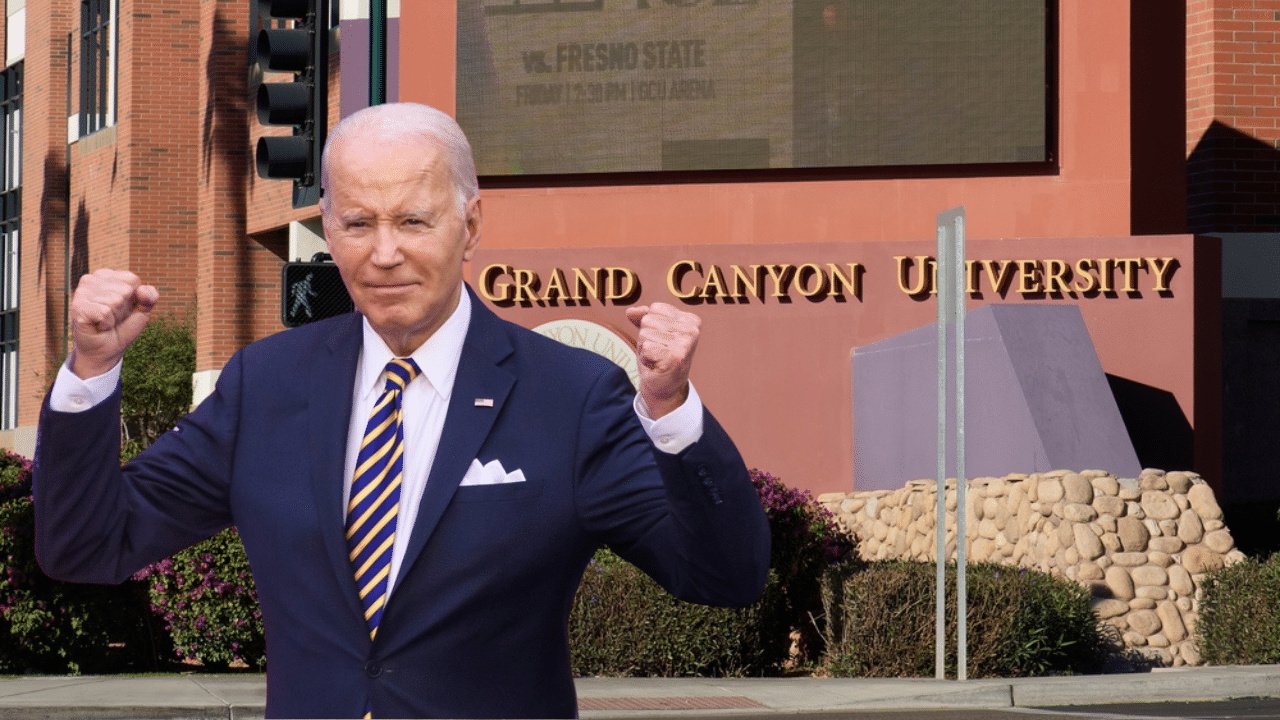Regional powerhouses Iran and Saudi Arabia agreed Friday to restore ties and reopen diplomatic missions in a surprise, Chinese-brokered announcement that could have wide-ranging implications across the Middle East.
Riyadh cut ties after Iranian protesters attacked Saudi diplomatic missions in 2016 following the Saudi execution of revered Shiite cleric Nimr al-Nimr — just one in a series of flashpoints between the two longstanding rivals.
Friday’s announcement, which follows five days of previously unannounced talks in Beijing and several rounds of dialogue in Iraq and Oman, caps a broader realignment and efforts to ease tensions in the region.
“Following talks, the Islamic Republic of Iran and the Kingdom of Saudi Arabia have agreed to resume diplomatic relations and reopen embassies and missions within two months,” said the joint statement, which was published by both countries’ official media.
The detente between Saudi Arabia, the world’s biggest oil exporter, and Iran, a pariah for Western governments over its nuclear programme, has the potential to reshape relations across a region characterised by turbulence for decades.
Iran and Saudi Arabia support rival sides in several conflict zones including Yemen, where the Huthi rebels are backed by Tehran and Riyadh leads a military coalition supporting the government. The two sides also vie for influence in embattled Syria, Lebanon and Iraq.
“It kind of sets the scene for the region’s two superpowers to start to hash out their differences,” said Dina Esfandiary of the International Crisis Group.
“The potential downside of that, of course, is that if they are the ones who are divvying up the region and sorting things out amongst themselves, you start to lose sight of regional contexts and grievances, which could potentially be problematic.”
Iran’s Foreign Minister Hossein Amir-Abdollahian welcomed the rapprochement and said Tehran will “actively prepare other regional initiatives”.
















